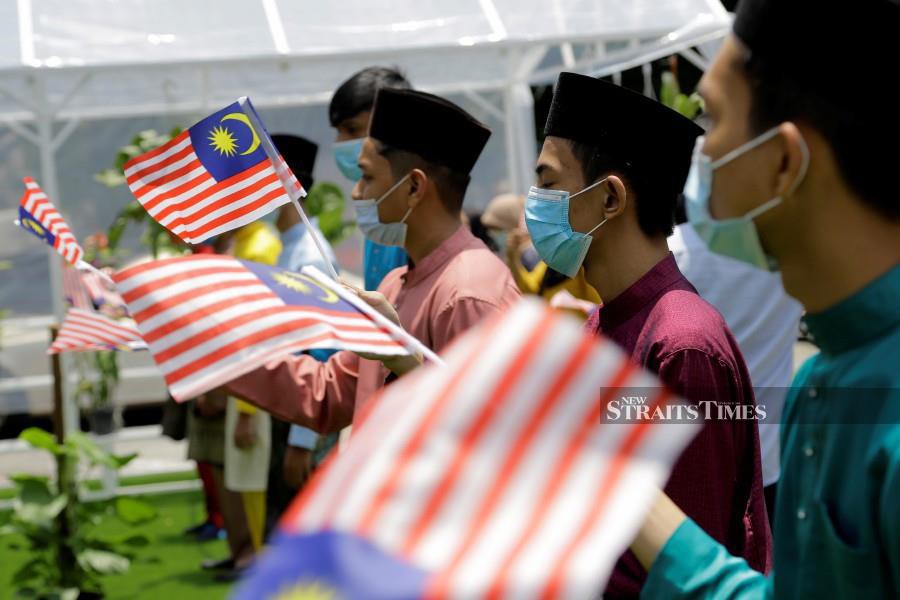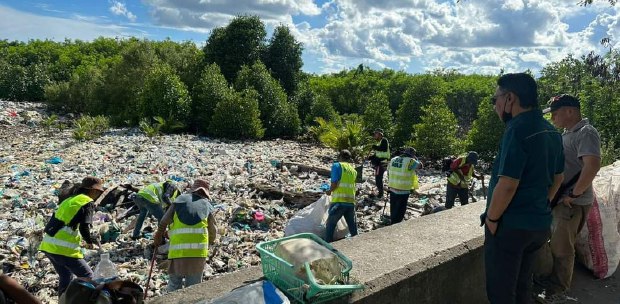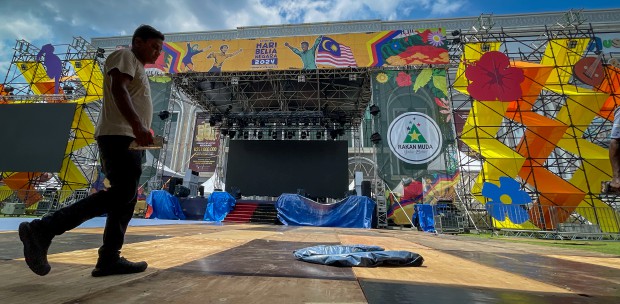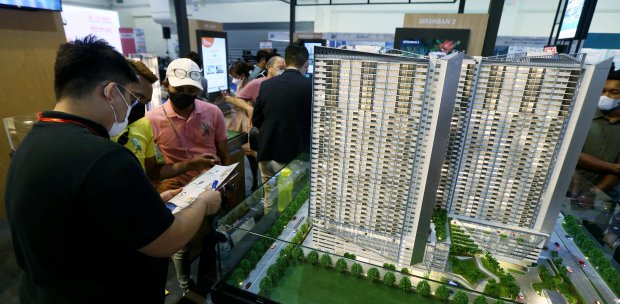IT is encouraging to hear Prime Minister Tan Sri Muhyiddin Yassin announcing, during the National Youth Day Celebrations on Aug 15, that the Dewan Negara will have a youth representative.
While ensuring the voice of the youth in Parliament is a significant step forward to recognise their role, will it be enough? Recent developments seem to prove the government is committed to developing a more solid youth agenda. The prime minister declared that soon a special Youth Advisory Council would also be established within the government.
The announcement was made following the advice of the Malaysian Youth Council (MYC), a strategic institution to shape the future of Malaysia. Another encouraging development was the launch, last month, of the National Apprenticeship Scheme, a partnership between the Youth and Sport, Human Resources and Work ministries, set to benefit over 10,000 people under the age of 35.
The Malaysia Digital Economy Corporation has been rolling out initiatives related to providing youth with skills for the 4th industrial revolution, including the myGIG Programme, together with a one-stop centre known as MyBelia System to be managed by MYC.
We should be aware of the huge potential of furthering the social enterprise agenda in Malaysia with the Social Enterprise Accreditation framework developed by the Entrepreneur Development Ministry and managed by the Malaysian Global Innovation & Creativity Centre, MaGIC, also currently running a Social Impact Matching Grant, supporting social enterprises with a matching fund.
While the devil will be in the detail, it is encouraging to see some attempts at harnessing the potential of the youth. For example, the National Apprenticeship Scheme, which also involves the participation of private and publicly owned enterprises, is an important affirmation that system change will happen only through collaborative efforts. Going back to my initial question, hopefully the government is really cognisant that the opportunity and challenge of unleashing the energies of a massive number of educated youth can only be met with a strategic approach that is long term, bold and inclusive at the same time.
Having a one-seat quota in the Upper House is a symbolic gesture that should unleash a "whole of nation" approach to youth self empowerment. It means initiating a youth centered strategic planning able to deliver a national framework not only with the key pillars of youth development but also able to design grassroots level mechanisms of implementation that are run locally by not for profits in partnership with the states and possibly, one day, elected local governments.
The Youth Advisory Council must be depoliticised and should be empowered to bring on board all the relevant stakeholders, including social innovators that oftentimes feel uncomfortable getting involved in policymaking but whose participation is indispensable to shaping a strong youth vision and strategy for the decade ahead.
The MYC mandate should be expanded, continue to have a direct implementation arm, working in partnership with similar bodies but also through autonomous initiatives.
MYC should be the engine behind a national conversation that frames the key components of youth self-development and growth.
Vocational training and social entrepreneurship have huge potential to be further developed but what about civic engagement? Will volunteerism be recognised for its transformative potential or will it continue to be neglected? Volunteering can be the first step to civic engagement and we desperately need local youth to break their disenchantment that alienates them from civic discourse.
Would it be possible to create the foundations of a political culture that is more acceptable and attractive to them? What's the role of learning educations in such a process and how to ensure future champions born from the STEM revolution are well rounded, emphatic and caring as well?
How to ensure youth with disabilities and from the Orang Asli community get a fair shot at success through real self-empowerment? These are difficult questions but if properly answered, no one will doubt the shining future of Malaysia.
The author writes on social inclusion, youth development and regional integration as an engine to improve people's lives in Asia. He is the Co-Founder of ENGAGE.






